Recently, we sat down with Frank Shipper, a Professor of Management in the Franklin P. Perdue School of Business at Salisbury University, to discuss his ongoing research and findings on open-book companies, such as our team here at SRC. Dr. Shipper, who specializes in researching employee ownership and culture, figures he first heard about Jack Stack and SRC more than 20 years ago. He knew right away that SRC was doing something special; similar to what other employee-centric companies he had studied (like Lincoln Electric, Herman Miller, W. L. Gore & Associates, and Atlas Container Corporation) were doing. “The difference is that SRC has developed a business operating system that can turn around a gritty/dirty blue-collar firm,” says Shipper. “They went from the brink of bankruptcy to a level of success that would embarrass many high-tech firms.”
Read More
If your company is currently employee owned, or you are considering it; you're probably planning to attend the 2014 Employee Ownership Conference held April 8-10, 2014 in Atlanta, Georgia which is presented by the National Center for Employee Ownership (NCEO).
Read More
Transparency and the idea of "having information at your fingertips" is practically a given with most things today…even business. For some businesses, this means tossing aside the old command-and-control management model and opening the lines of communication with employees. In a two-part series on companies who play The Game, the Daily Herald reports that The Great Game of Business (GGOB) is a game you might want to play if your company is looking for the next logical step to open-book management. In the series, Kevin Walter, Principal of Tasty Catering and Great Game Coach in Chicago, discusses one of the reasons his company plays The Game:
Read More
Through the years, The Great Game of Business, Inc. has worked with news entities, research organizations and academic institutions who are interested in studying the impact of open-book management. Currently, GGOB is proud to support the research of a senior at Yale College who is leading the effort to systematically evaluate the effect of open-book management on corporate performance. He is currently inviting managers of open-book firms to complete an anonymous, online questionnaire.
Read More
In October 2013, Jack Stack spoke at the Inc5000 conference where he revealed several unforeseen benefits of practicing open-book management. Inc.'s Burt Helm summarized these benefits in a recent Inc. article: 5 Unexpected Benefits of Opening Your Books. In the article, Helm noted the following specific benefits: The Team Discovers Its Value Leaders Are Born Sharp Questions Improve Financial Statements Employees Bring Know-How Home The Entire Community Benefits
Read More
Most people today have heard of the concept of “lean,” the continuous improvement system pioneered by the automaker Toyota. Organizations like GE have since applied similar concepts to create other system like Six Sigma. The basic idea is to eliminate waste wherever and whenever possible inside a production system. The rub, however, is that while most organizations that embrace lean see short-term results, they also struggle to sustain those gains over the long haul. The lean effort becomes frustrating for many organizations as they realize a culture of continuous improvement is never achieved.
Read More
A recent New York Times article featured a Q&A with David Rock, the director of NeuroLeadership Institute. In the article, Rock explains his analysis of employees’ motivations and behaviors with the acronym “SCARF” (status, certainty, autonomy, relatedness and fairness). In explaining each of the SCARF spheres, Rock summarizes how the presence of management can serve as an ongoing threat or reward for employees:
Read More
For years, we have battled with explaining to others how the concept of open-book management and The Great Game of Business are not one in the same. To sum it up quickly, The Great Game of Business is an operating system in which open-book management plays a critical role. GGOB companies practice a methodology that includes open-book practices; the difference is that GGOB companies employ three specific practices:
Read More
I took a client to open book management pioneer SRC Corporation last week. For them it was an eye opener. For me it was a reinforcement of what’s possible when a company shares vast amounts of the right information with its people. They make smarter decisions and take performance to unheard of heights.
Read More
Craig Durosko, Founder & Chairman of SunDesign, Inc., recently gave his perspective on Open-Book Management to "Housing Zone". Read the excerpt below and click the link to see the full story. If you arrived at work and found that there was a fire and everything was gone, there would be nothing you could change. If you were to know in 30 days there was going to be a fire at your office, there are so many things you could do to change the outcome.
Read More

.png)

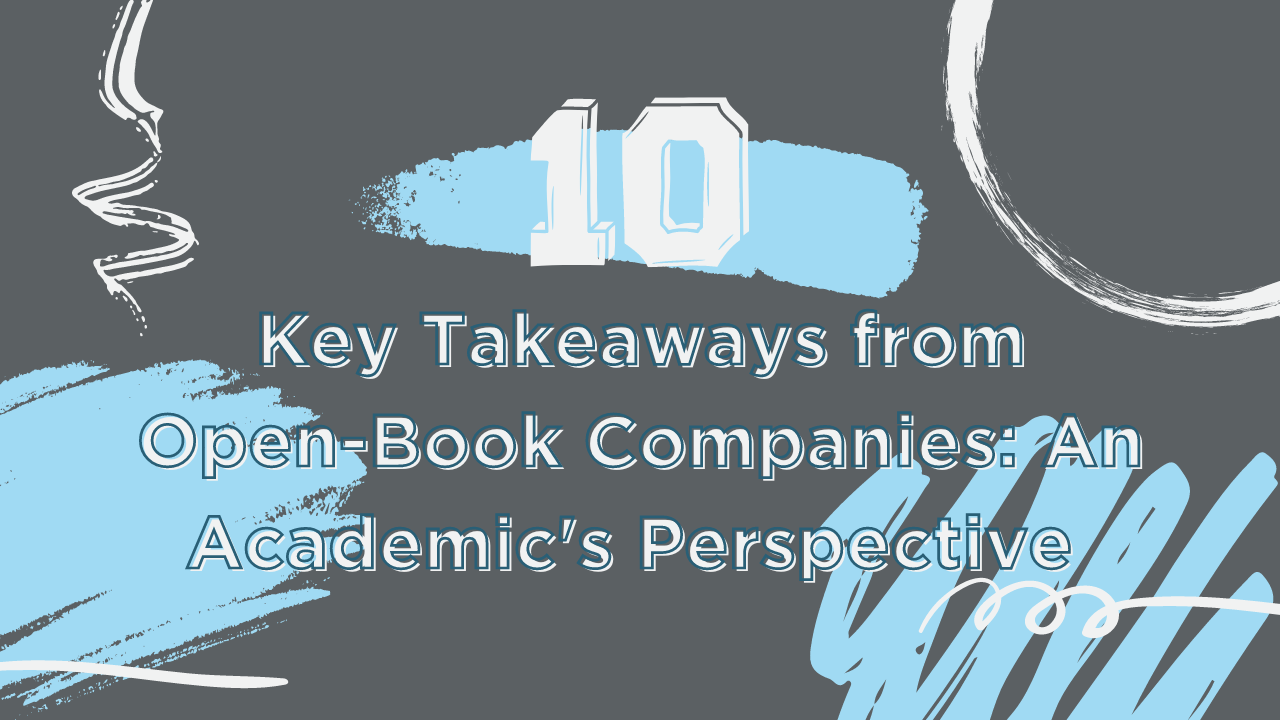
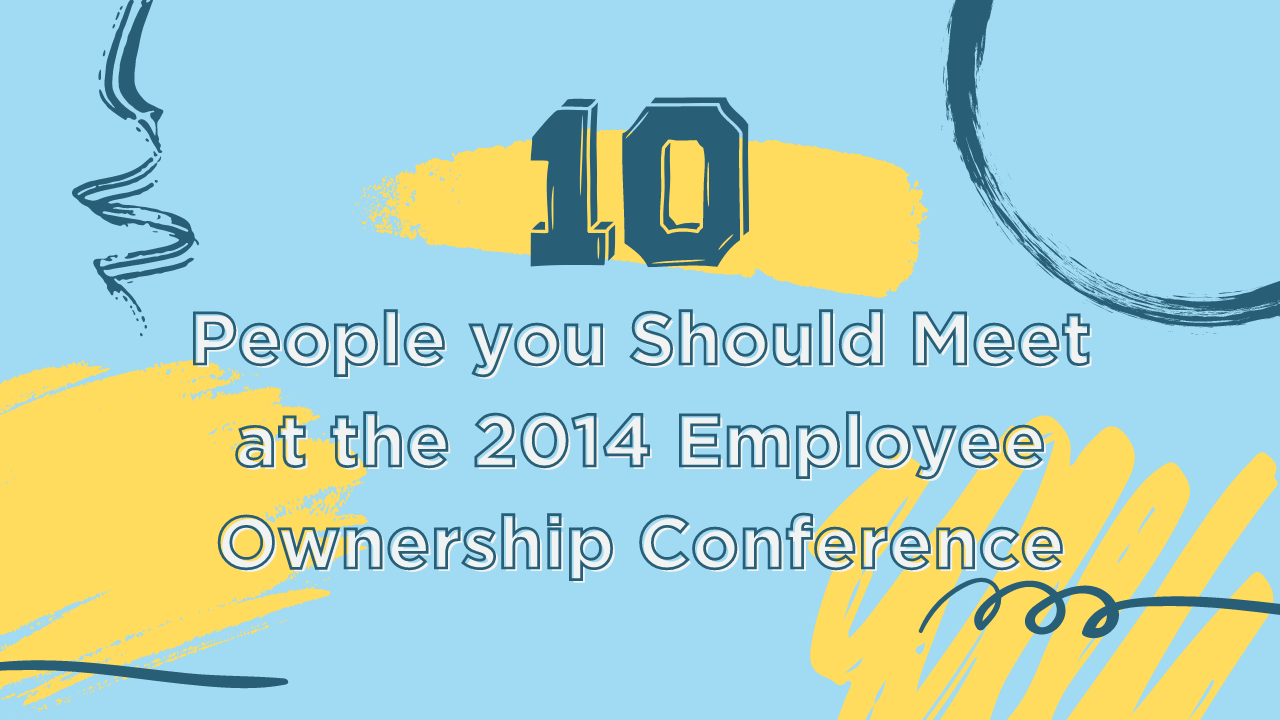
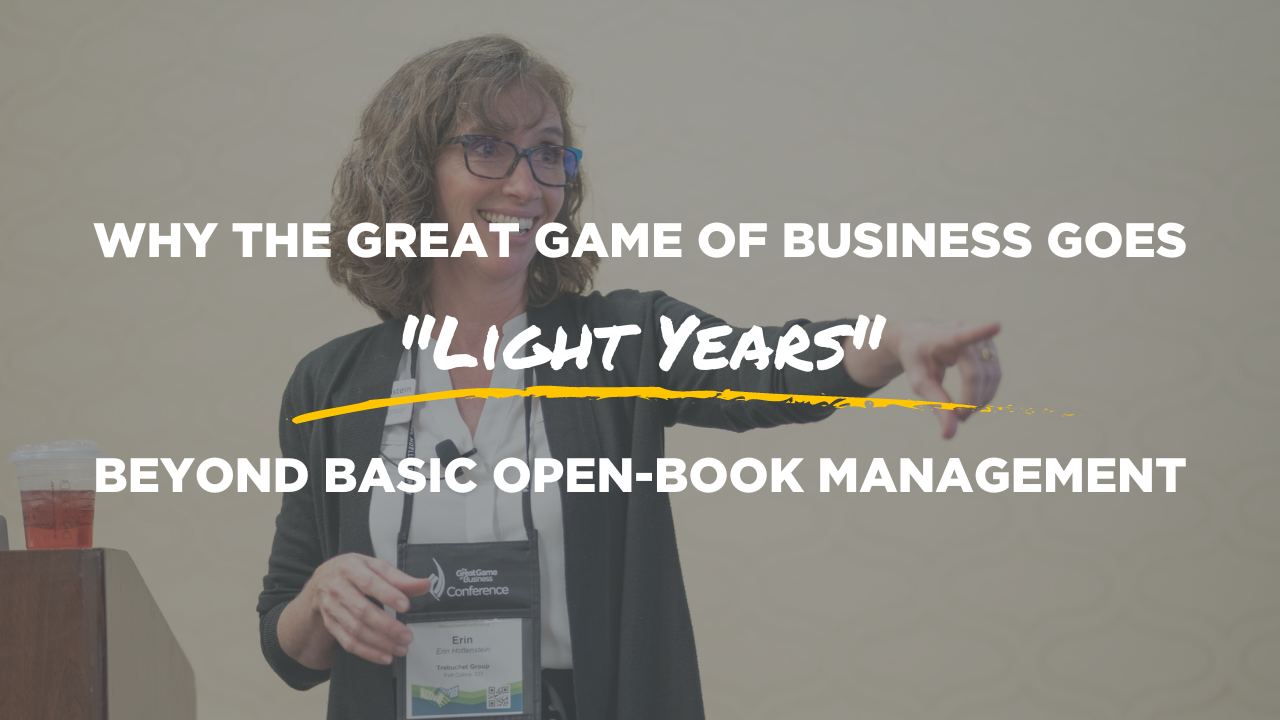


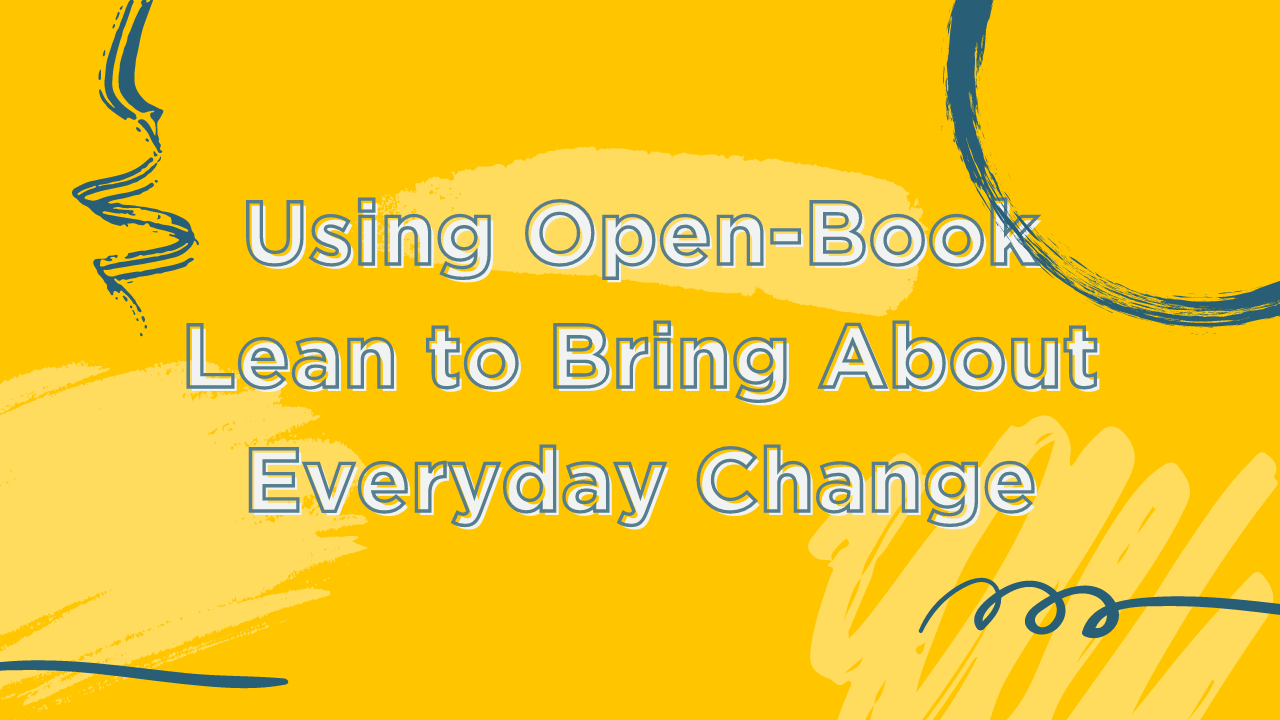
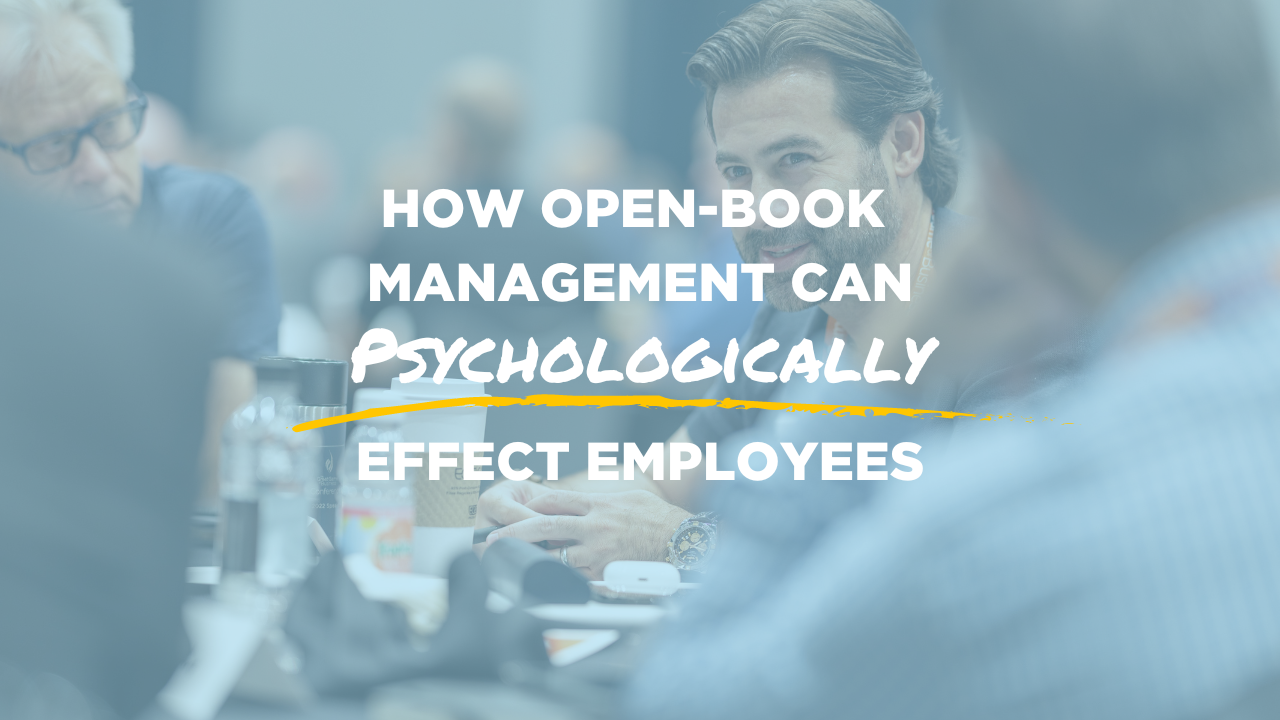
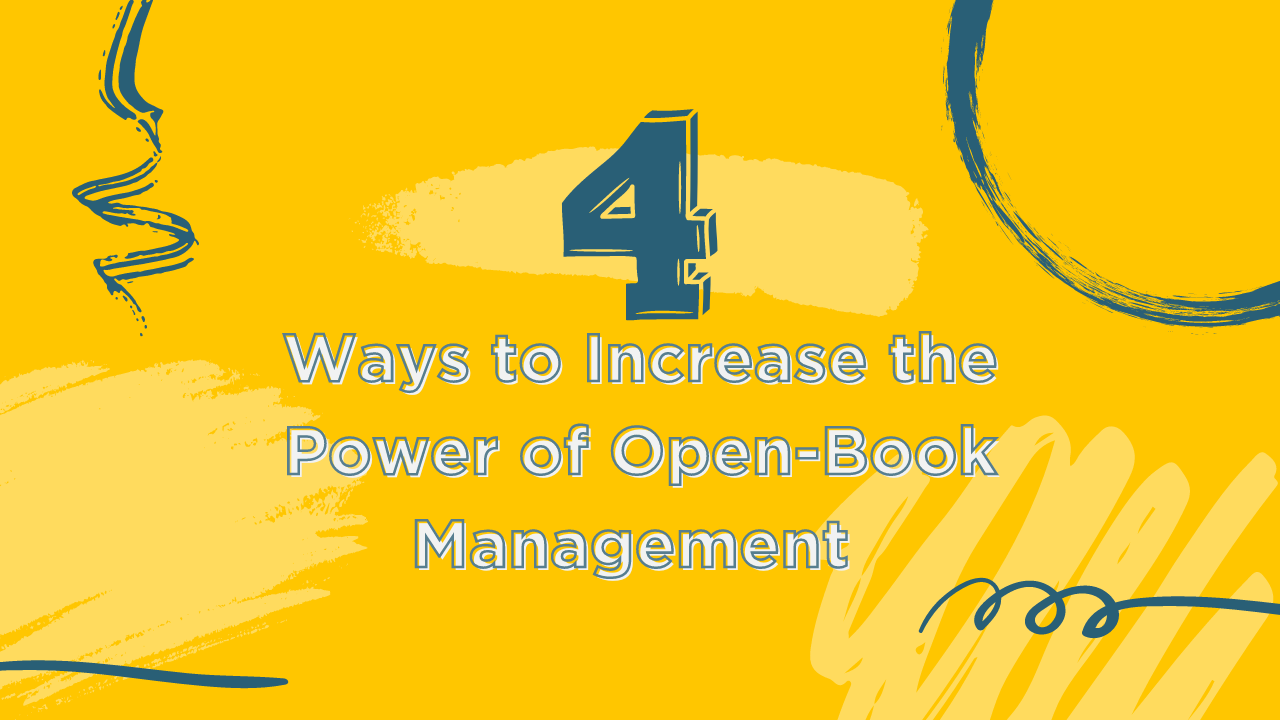
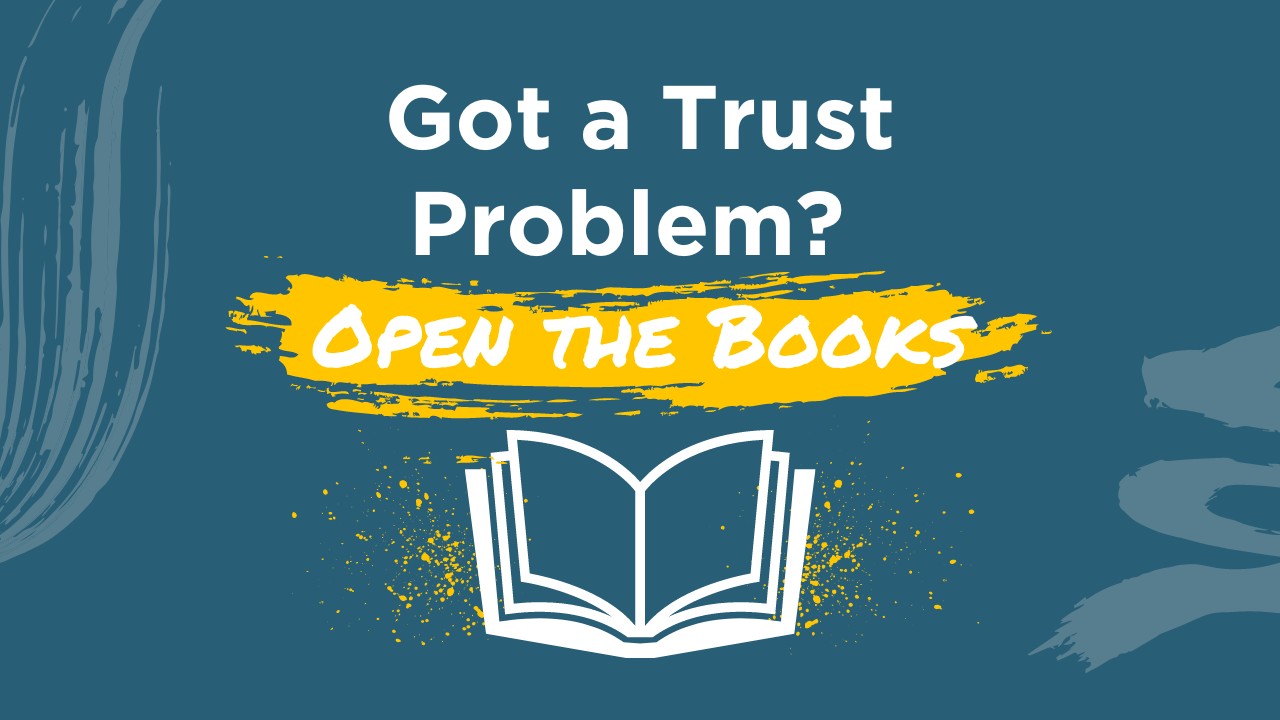




.png)



-5.png)

.png)
